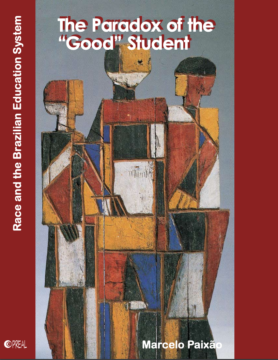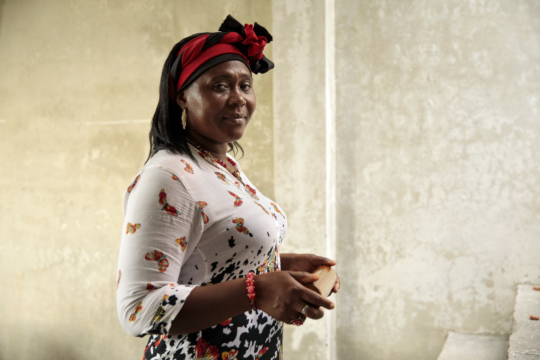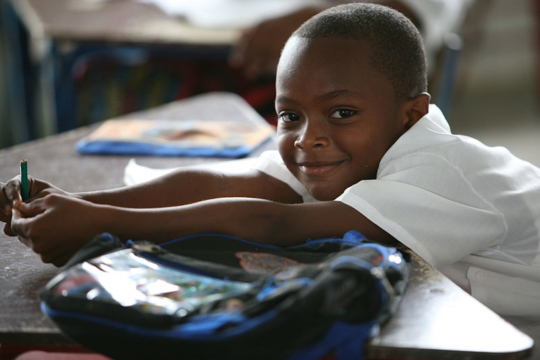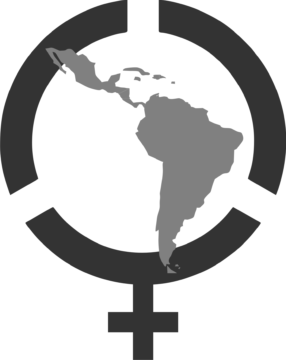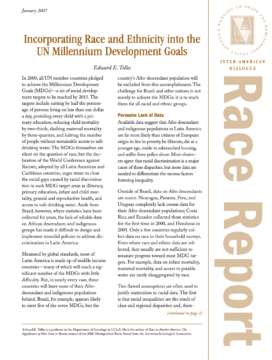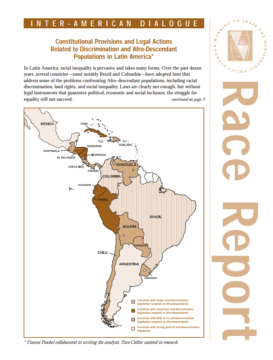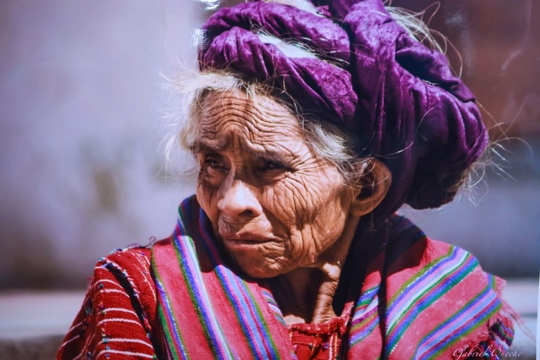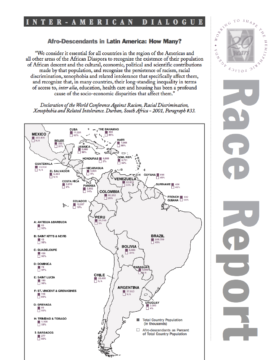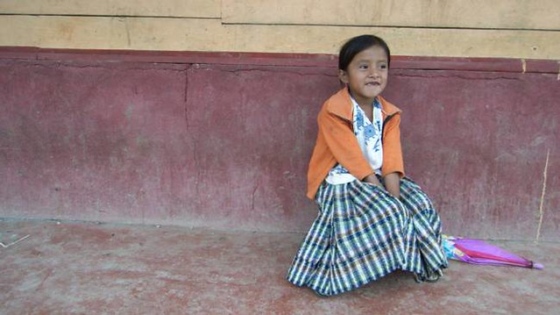
New Century, Old Disparities: Gender, Ethnicity, and Income Inequality in Latin America
Education remains the best means to address persistent income inequality based on gender and race in Latin America, argued Hugo Ñopo.
Education remains the best means to address persistent income inequality based on gender and race in Latin America, argued Hugo Ñopo.
Despite a veneer of racial tolerance in Latin America, customary law and practice has perpetuated racial inequality across the region, according to Tanya Hernández, professor of law at Fordham University.
A Latin America Advisor Q&A featuring experts’ viewpoints on affirmative action policies in Brazilian universities.
Though racial equality is improving in Brazil, there is significant room for progress.
Much remains to be done to protect and promote Afro-Descendant communities’ rights and development in Colombia, according to the panel discussion hosted by the Inter-American Dialogue, the Gender and Diversity Unit at the Inter-American Development Bank, and Phelps Stokes on May 20, 2011. Although Colombia has made steps in the right direction, current policies need to be reinforced. It was also suggested that Afro-Descendants work together across countries and communities to better envision a common purpose and to strengthen their political influence.
This special report by the Dialogue’s education reform program (PREAL) aims to promote consideration of the racial inequalities inherent in the educational indicators for the Brazilian population.
The Inter-American Dialogue’s Congressional Members Working Group met on September 17, 2008 to discuss the challenges facing Afro-Colombians. The discussion focused on the main challenges that Afro-Colombians face and how these could be addressed.
The Inter-American Dialogue’s Congressional Members Working Group met on April 9, 2008 to discuss challenges facing Afro-descendants in Latin America. The event featured Sir Clare Roberts of the Inter-American Commission, Dr. Marcelo Paixão of the Federal University of Rio de Janeiro, and Ambassador Antonio Patriota of Brazil. It was co-hosted by Representatives Gregory Meeks (D-NY) and Jerry Weller (R-IL) and co-sponsored by the Inter-American Foundation.
The Incubadora Afro Brasileira is an organization that challenges the deep-rooted problem of social and economic exclusion of African descendants by providing business training for African-descendant entrepreneurs in Brazil. Giovanni Harvey, founder and director of Incubadora, and program economist Dalton Franco led a discussion at the Inter-American Dialogue on October 19, 2007.
Una de las realidades inminentes en América Latina es la escasa o nula representación política de grandes y mayoritarios sectores de la población, entre ellos los y las 150 millones de afrodescendientes que son una tercera parte de la población de la región.
The lack of reliable data on African descendants and indigenous groups has made it difficult to design and implement remedial policies to address discrimination in Latin America.
Los trabajos que se presentan en este libro son el resultado de un notable esfuerzo de investigación sobre la forma en que el origen étnico de los niños, su raza y su género inciden en sus oportunidades educativas, las consecuencias que tiene su desigual acceso a las mismas y las…
The second race report of the Inter-American Dialogue showcases legislation that affects Afro-descendants in Latin America and the Caribbean and discusses the international conventions and accords that governments have signed regarding racism, racial discrimination and social exclusion.
Washington’s economic and political reform agenda isn’t wrong. It’s just too narrowly conceived. To work, it must address Latin America’s pernicious and pervasive inequality and racism.
The Inter-American Dialogue considers the social exclusion of Latin Americans of African descent to be one of the most pressing policy and development issues of the hemisphere. The objective of the Dialogue’s program on race is twofold.
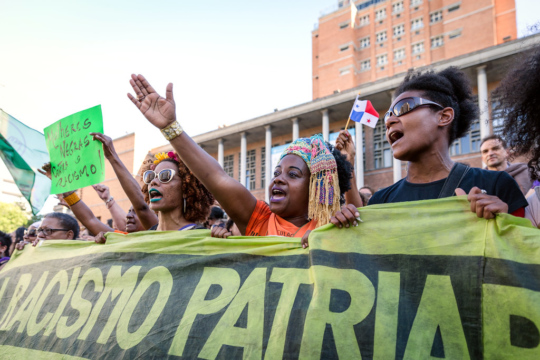

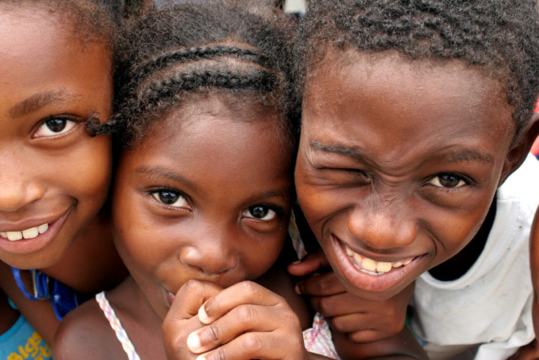 Video
Video
